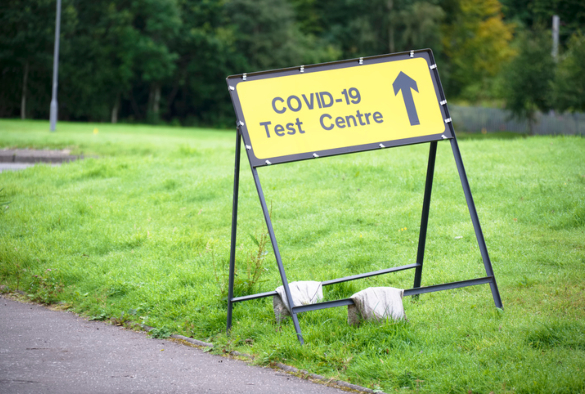Universal access to rapid COVID-19 testing is vital to promote equity during the ongoing pandemic, according to a new commentary published today in The Lancet’s EClinicalMedicine journal that has been co-authored by Professor Louise Kenny and Professor Iain Buchan:
One year into the COVID-19 pandemic, rapid tests are still unavailable to most of the public. Rapid antigen tests, using lateral flow devices, have been proven effective in home and community settings for identifying people who are most likely to be contagious—even in the absence of symptoms—and to empower them to isolate before unknowingly infecting others.
Despite empirical evidence from across the world demonstrating the utility of rapid tests, well-intentioned academic discussions about the potential risks of false positives, false negatives, and data reporting issues continue to overshadow a devastating fact: The ongoing failure to widely deploy rapid tests can be measured in the real consequence of mounting infections, economic and social costs, morbidity, and deaths worldwide.
Imagine a world where your household, your community, your school, and your workplace have access to accurate, specific, and inexpensive COVID-19 tests. These tests can be self-performed and provide actionable results in a few minutes, not days. The technology to enable this is already available: Rapid antigen tests are being mass produced and could be further scaled up to meet demand. Yet despite the urgent need for testing in many places with community spread, the global supply of high quality rapid antigen tests is underutilized, and in some cases, actively being withheld from use. Many experts advocate for widespread rapid testing. Available evidence compels us to make a stronger statement: In the midst of a raging plague, it is inequitable and unethical not to deploy high quality rapid tests alongside existing public health interventions.
The full commentary, including all the details of the authors involved, can be found here: https://www.thelancet.com/journals/eclinm/article/PIIS2589-5370(21)00039-0/fulltext#
